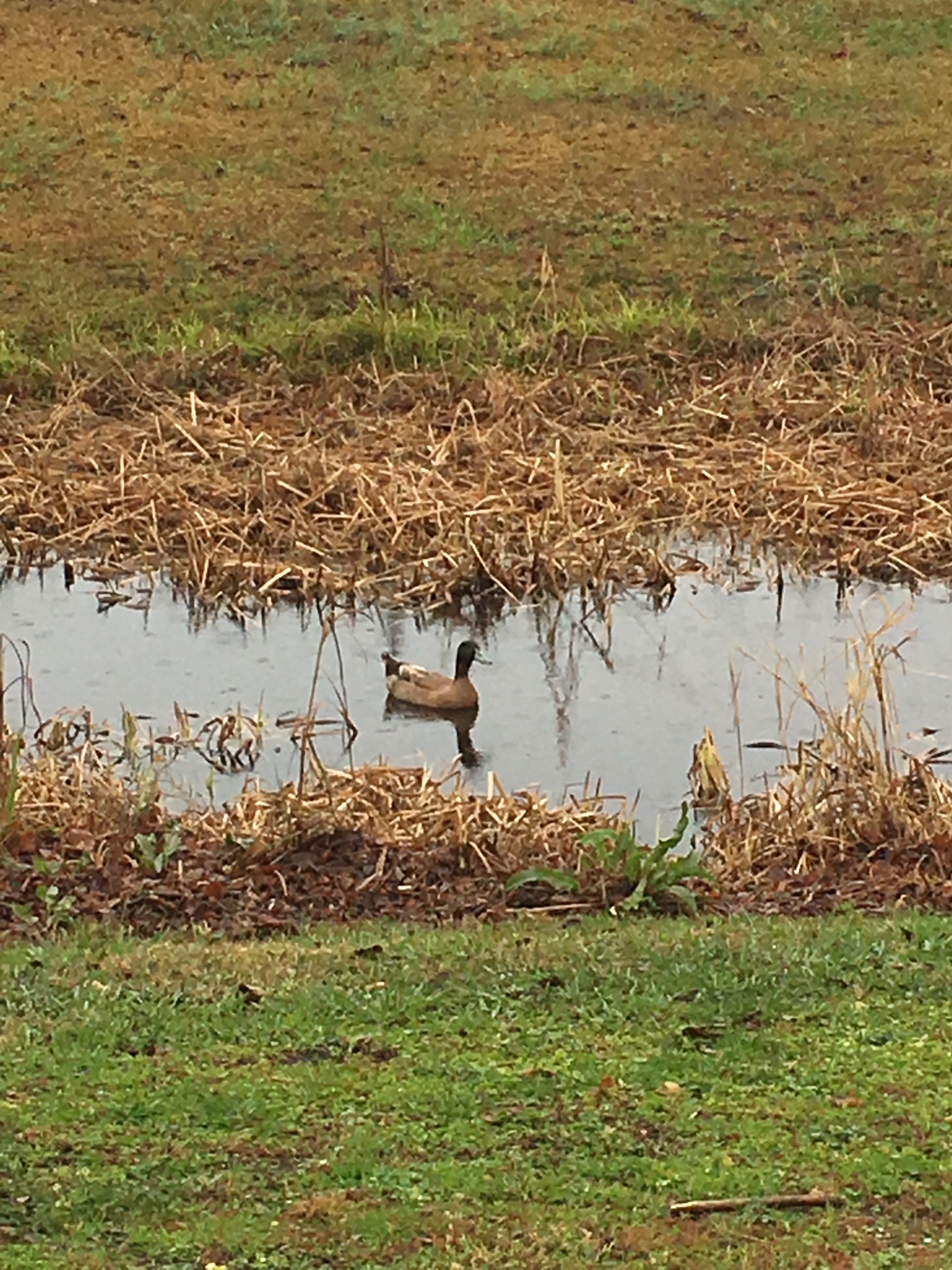Highly Pathogenic Avian Influenza (HPAI)
go.ncsu.edu/readext?1046652
en Español / em Português
El inglés es el idioma de control de esta página. En la medida en que haya algún conflicto entre la traducción al inglés y la traducción, el inglés prevalece.
Al hacer clic en el enlace de traducción se activa un servicio de traducción gratuito para convertir la página al español. Al igual que con cualquier traducción por Internet, la conversión no es sensible al contexto y puede que no traduzca el texto en su significado original. NC State Extension no garantiza la exactitud del texto traducido. Por favor, tenga en cuenta que algunas aplicaciones y/o servicios pueden no funcionar como se espera cuando se traducen.
Português
Inglês é o idioma de controle desta página. Na medida que haja algum conflito entre o texto original em Inglês e a tradução, o Inglês prevalece.
Ao clicar no link de tradução, um serviço gratuito de tradução será ativado para converter a página para o Português. Como em qualquer tradução pela internet, a conversão não é sensivel ao contexto e pode não ocorrer a tradução para o significado orginal. O serviço de Extensão da Carolina do Norte (NC State Extension) não garante a exatidão do texto traduzido. Por favor, observe que algumas funções ou serviços podem não funcionar como esperado após a tradução.
English
English is the controlling language of this page. To the extent there is any conflict between the English text and the translation, English controls.
Clicking on the translation link activates a free translation service to convert the page to Spanish. As with any Internet translation, the conversion is not context-sensitive and may not translate the text to its original meaning. NC State Extension does not guarantee the accuracy of the translated text. Please note that some applications and/or services may not function as expected when translated.
Collapse ▲Jonas Asbill, Richard Goforth, Lauren Greene, and Margaret Ross
NC State Extension Area Specialized Poultry Agents
Highly pathogenic avian influenza (HPAI or “bird flu”) is a real threat to the poultry industry in North Carolina, the United States, and other poultry producing countries around the globe. HPAI frequently wipes out entire flocks when infected. To help prevent this, producers, both big and small, should continue to practice proper biosecurity protocols to keep commercial and domestic flocks away from wild birds and their droppings.
In addition to routine biosecurity protocols, other things for flock owners to consider at this time include: relocating flocks away from bodies of water where wild birds have a tendency to gather, covering the top of any open or screened runs with metal and/or plastic to prevent wild bird droppings from falling into the bird area, and removing wild bird feeders or distancing them from backyard flocks as much as possible. If your birds are more confined than usual, consider adding forms of enrichment to discourage birds from pecking one another such as tree branches, cabbage, melons, pecking blocks, hanging aluminum pie pans, etc. Additionally, you can limit visitors to your farm. Humans and other animals coming and going can track viruses into your flock via feces on shoes and paws. While boot washes and other biosecurity measures can reduce this risk, limiting visitors lowers the chance that something slips through.
If your birds are dying in rapid succession, report it right away to your local veterinarian, the N.C. Department of Agriculture and Consumer Services Veterinary Division at 919-707-3250 opt 2, or the N.C. Veterinary Diagnostic Laboratory System at 919-733-3986. – NCDA&CS News Release January 26, 2023 –
Currently the HPAI virus circulating in wild birds throughout the United States is considered a low risk to people according to the U.S. Centers for Disease Control, but is highly contagious to other birds, including commercial and backyard flocks of poultry. The virus is not considered a food safety threat and infected birds do not enter the food supply. That said, always practice healthy eating habits by choosing pasteurized milk and cooking eggs and meat properly.
Please take a look at our HPAI educational resource page. Share this information with other poultry keepers that you know as well. We all need to know the facts and be extra cautious during this time to protect our flocks and our industry. If you have any questions or concerns not addressed in this article, please don’t hesitate to reach out to your local area specialized poultry agent by contacting your local Cooperative Extension Office.




